Jan. 7 to Jan. 13
When the Chinese Nationalist Party (KMT) moved the Republic of China (ROC) government to Taipei on Dec. 7, 1949, it was without its president.
Not Chiang Kai-shek (蔣介石), who also wasn’t in Taipei and who had stepped down as president 10 months earlier. It was Li Tsung-jen (李宗仁), who had taken over in an interim role.
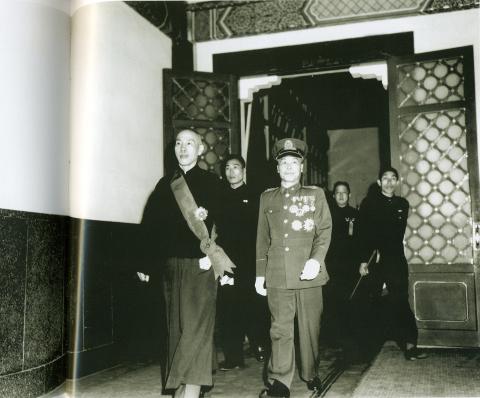
Photo courtesy of Wikimedia Commons
Li was on medical leave in the US at that point. He refused all calls to head to Taiwan, remaining stateside until 1965 when he returned to China. Meanwhile, he became a vocal critic of Chiang and helped start and fund the Third Force (第三勢力), a Hong Kong-based anti-Chiang and anti-communist organization.
Chiang resumed his presidency on March 1, 1950 and, through Martial Law era provisions, clung on to the title until he died in 1975.
PRESIDENT FOR PEACE
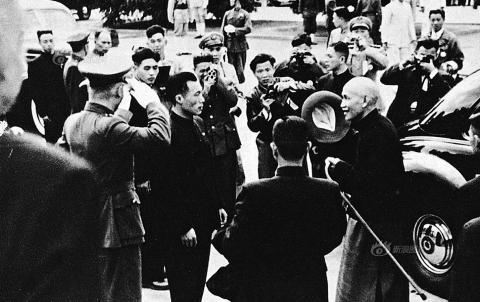
Photo courtesy of Wikimedia Commons
According to Breaking With the Past, a Hoover Institute publication, the KMT was in turmoil by mid-1945 as “factional struggles, corruption and low morale were on the increase.”
The second phase of the Chinese Civil War had just started, and public support for the KMT was plummeting. The situation continued to worsen and by late 1948, even the US was pressuring Chiang to step down and allow the KMT to negotiate for peace with the Chinese Communist Party (CCP).
Chiang resisted for months, but in early 1949, he left the KMT capital of Nanjing for his hometown. He was “seen off in his luxurious Skymaster,” according to a Reuters report, with “no trace of emotion on his face.” Official statements used the word “temporary absence” because “he wanted to leave the way open for possible return to power if peace negotiations failed,” the report stated.
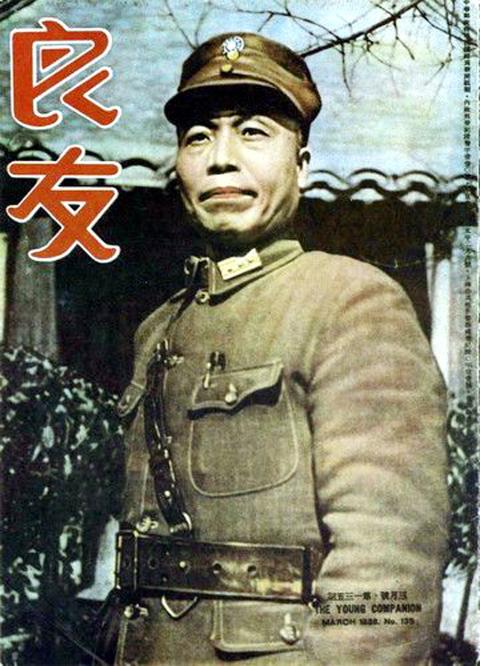
Photo courtesy of Wikimedia Commons
However, Chiang retained considerable power as KMT chairman and commander of its armed forces. Li’s peace talks fell through and the CCP resumed their advance in April, while the KMT continued moving its institutions and possessions to Taiwan as it lost ground.
Li and Chiang’s bad blood trace back to 1930 when Chiang embarrassed Li and his coalition of warlords who attacked Chiang’s headquarters of Nanjing. Their relationship only worsened during Li’s presidency. In his memoir, Li accuses Chiang of sabotaging his efforts from the shadows.
“This is the third time you’ve retired,” he writes. “You assured [us] repeatedly that you would stay away from politics for at least the next five years, which to me meant that you would trust me with the job and let me operate freely. But what you did was the complete opposite.”
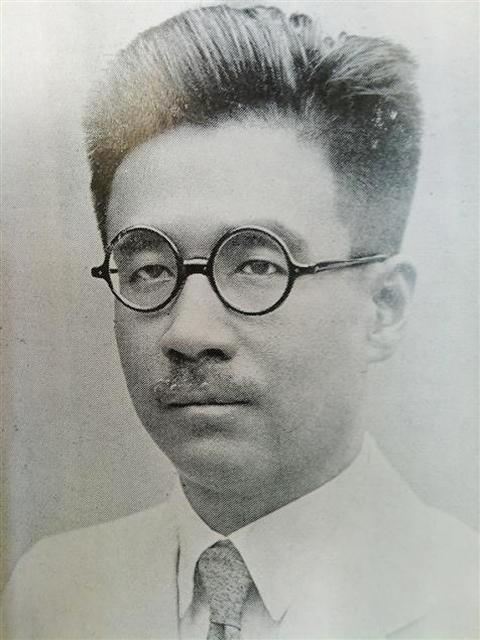
Photo courtesy of Wikimedia Commons
He continues to attack Chiang in a long list of accusations of misconduct, concluding: “These are all absurd actions where you did not keep your promises and had no respect for government authority!”
‘PLAGUE ON BOTH YOUR HOUSES’
Li’s flight to the US was “a decision when [his] mood was best expressed by the oft-repeated phrase, ‘a plague on both your houses,’ and with the hope that an aseptic and democratic ‘third force’ could be established,” writes Robert Bedski in the study, Li Tsung-jen and the Demise of China’s ‘Third Force.’
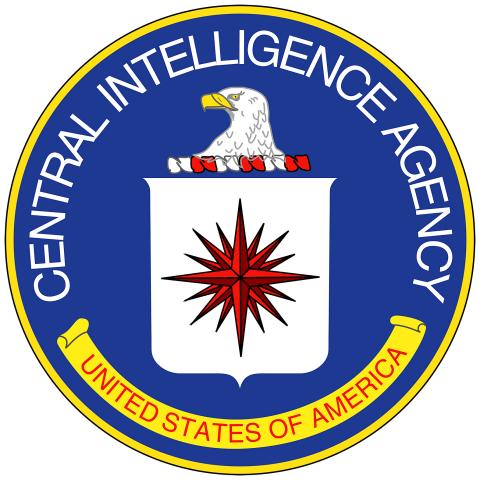
Photo courtesy of Wikimedia Commons
In March 1950, Li told the Associated Press that the people would rise and overthrow both the CCP and KMT, and that the CCP only won because of Chiang’s incompetence. The KMT impeached Li in response, but he remained vice president. When Chiang bended the rules to extend his reign in 1954, Li wrote a him a letter slamming his actions as illegal, and the KMT stripped him of the vice presidency.
While Li was still in China, he started building a Third Force movement with other dissident KMT members to oppose both the KMT and CCP. The movement relocated to Hong Kong as the CCP overran China.
The US, “disgusted by the corruption and, more importantly, failure of Chiang Kai-shek’s Nationalist armies and party and repelled by the Communists’ revolutionary actions and violent class warfare,” also supported the movement, writes Roger Jeans in the book, The CIA and Third Force Movements in China during the Early Cold War.
“While the US State Department reported on third forces, the CIA launched a two-prong effort to actively support these groups with money, advisors and arms,” Jeans writes.
The efforts led to the creation of several organizations in Hong Kong, including the Fighting League for Chinese Freedom and Democracy (中國自由民主戰鬥聯盟). It spread its ideals through their Voice of China magazine, and even launched several failed military raids on the coast of China in 1952 and 1953.
CHIANG’S HEADACHE
Chiang was watching them closely from Taiwan. The KMT fed intel to Hong Kong’s British rulers, who sought to suppress the Third Force. Chiang also sent agents to Hong Kong in 1951 to persuade Third Force members to join him in Taiwan. They refused on the grounds that Chiang had turned Taiwan into an authoritarian military state where people were arrested without reason. They also accused him of nepotism toward his son, Chiang Ching-kuo (蔣經國).
Chiang seemed quite bothered by the Third Force, frequently mentioning them in his diary. He was especially angry with the Voice of China, of which he wrote, “attacked and insulted my son and I even more severely than they did the Communists. Their crimes cannot be forgiven.”
The offending article is likely a 1951 editorial titled “Our stance toward Taiwan,” (我們對台灣的態度), which called him a “malignant tumor who treats the country as his personal property.”
“This tumor has led to the miscarriage of democracy in China, and it is also hindering the anti-communism efforts in Taiwan. If we don’t remove the tumor, it will lead to the demise of the Republic of China government’s refuge and anti-communist base of Taiwan.”
In 1953, pro-Taiwan Republicans took power in the US. Chiang convinced them that it was contradictory to support both Taiwan and the Third Force, and in 1954 the CIA pulled its support. The Third Force collapsed quickly.
Taiwan in Time, a column about Taiwan’s history that is published every Sunday, spotlights important or interesting events around the nation that have anniversaries this week.

Towering high above Taiwan’s capital city at 508 meters, Taipei 101 dominates the skyline. The earthquake-proof skyscraper of steel and glass has captured the imagination of professional rock climber Alex Honnold for more than a decade. Tomorrow morning, he will climb it in his signature free solo style — without ropes or protective equipment. And Netflix will broadcast it — live. The event’s announcement has drawn both excitement and trepidation, as well as some concerns over the ethical implications of attempting such a high-risk endeavor on live broadcast. Many have questioned Honnold’s desire to continues his free-solo climbs now that he’s a

The 2018 nine-in-one local elections were a wild ride that no one saw coming. Entering that year, the Chinese Nationalist Party (KMT) was demoralized and in disarray — and fearing an existential crisis. By the end of the year, the party was riding high and swept most of the country in a landslide, including toppling the Democratic Progressive Party (DPP) in their Kaohsiung stronghold. Could something like that happen again on the DPP side in this year’s nine-in-one elections? The short answer is not exactly; the conditions were very specific. However, it does illustrate how swiftly every assumption early in an

Francis William White, an Englishman who late in the 1860s served as Commissioner of the Imperial Customs Service in Tainan, published the tale of a jaunt he took one winter in 1868: A visit to the interior of south Formosa (1870). White’s journey took him into the mountains, where he mused on the difficult terrain and the ease with which his little group could be ambushed in the crags and dense vegetation. At one point he stays at the house of a local near a stream on the border of indigenous territory: “Their matchlocks, which were kept in excellent order,

Jan. 19 to Jan. 25 In 1933, an all-star team of musicians and lyricists began shaping a new sound. The person who brought them together was Chen Chun-yu (陳君玉), head of Columbia Records’ arts department. Tasked with creating Taiwanese “pop music,” they released hit after hit that year, with Chen contributing lyrics to several of the songs himself. Many figures from that group, including composer Teng Yu-hsien (鄧雨賢), vocalist Chun-chun (純純, Sun-sun in Taiwanese) and lyricist Lee Lin-chiu (李臨秋) remain well-known today, particularly for the famous classic Longing for the Spring Breeze (望春風). Chen, however, is not a name